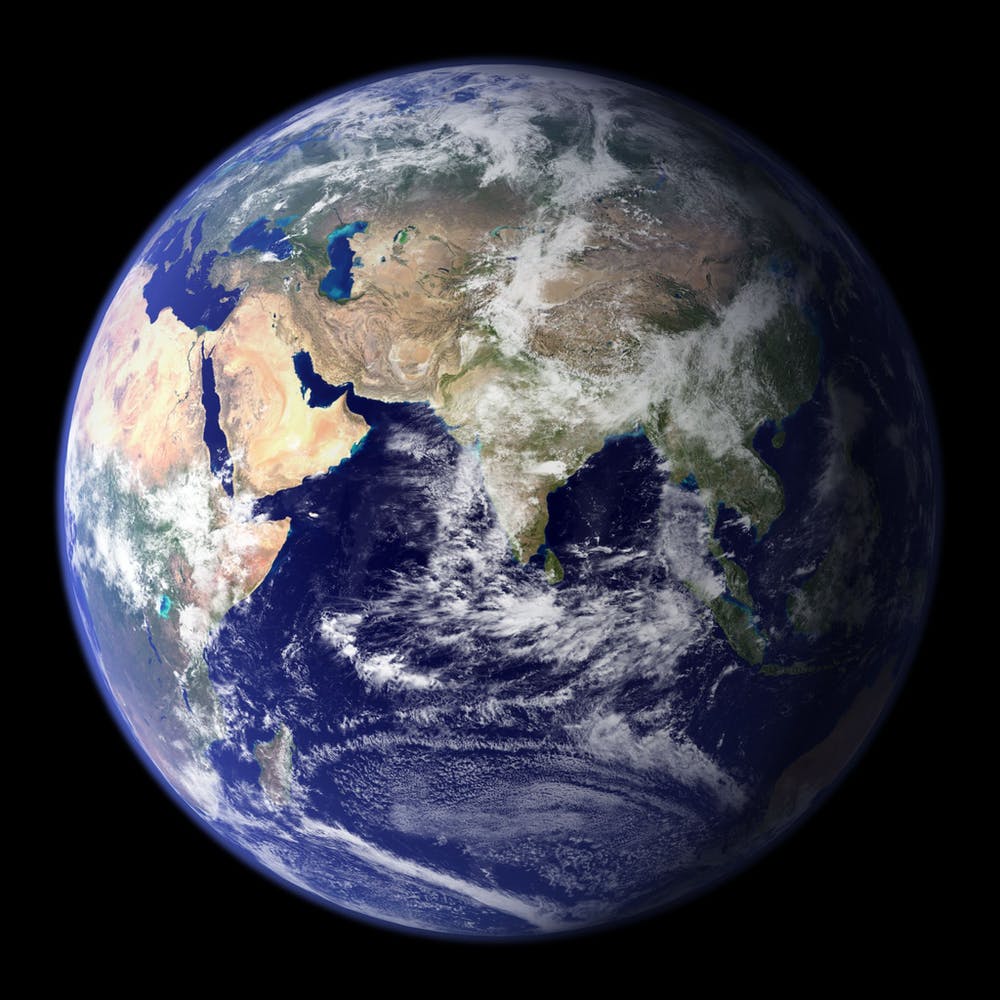I recently watched Michael Moore/Jeff Gibbs’ film, ‘Planet of the Humans’, and I have to say I’m shocked and disappointed at the green community’s response to it. Their criticisms have been insulting and downright nasty, behaviours I never thought I’d see coming from people I’ve always admired. The film may present some out of date information, and may be inordinately harsh on certain players, but as far as I can see, its key point, that the environment can’t be fixed by introducing new technologies while continuing to live the same lifestyle, is right on the money.
The bottom line is that if we want to preserve the planet, the way we humans live MUST change. To me this is obvious, and for the green community to deny it is shocking. The film points out, and I’m certain that it’s true, that even if we had a magic black box that generated endless energy, produced zero pollution, and consumed no resources, it WOULD NOT save us. It would only give us an even greater capacity to destroy the planet in order to continue our unsustainable lifestyles.
I’ve heard the film makers called ‘eco-fascists’ and racists for suggesting that population is one of the main factors affecting the destruction of the environment. Well, guess what? Population IS one of the main factors affecting the destruction of the environment. We could all drive Hummers and idly toss our garbage in the street if there were only a few of us. Anyone denying the effect of population on the environment is either lying or delusional. How to deal with that population is a huge, complex problem. But denying that the problem exists is not an option.
I’ve always thought that the green technologies being touted as saviours of the planet were suspect. Planet of the Humans actually did little to change my mind one way of the other. It’s estimated that there are currently 1.4 billion automobiles in the world. For all of those automobiles to be switched from gas to electric, first we would have to junk 1.4 billion internal-combustion cars, and replace them with 1.4 billion electric ones. That alone would be a huge environmental catastrophe. Beyond that, how many more batteries would have to be built? How many electric motors? How many additional mines would have to be opened up to supply the exotic materials used to build those vehicles? Where would the massive quantities of additional electricity required to run them all come from? (remember – EVERYTHING would be electric) What would happen to those vehicles when they broke down and were junked?
Pursuing technologies that reduce our dependency on fossil fuels (provided they don’t result in something worse) is a good thing. But fossil fuels are only a tiny part of the problem. A far bigger threat is simply one of scale. We need to drastically reduce the NUMBER of vehicles on the road, the NUMBER of planes in the sky, the NUMBER of ships on the sea, and the NUMBER of trucks carrying useless crap from one place to another. We as individuals need to reduce the NUMBER of things we buy, and, most importantly, the NUMBER of things we throw away. Everything else is just window dressing, as Planet of the Humans points out. Anybody who believes that the future will see us living substantially the same lifestyle, only driving electric cars and getting our electricity from solar or wind, is truly delusional.
I’ve been a long time supporter of, and contributor to, the Green movement, but after watching their response to this film, I would tell them this: You have to decide on your true goal. Do you actually want to save the planet? Or do you want to PRETEND to save the planet. If you want to save the planet, you’re going to have to fight for humanity to change the way it does things at a fundamental social and economic level. Of course, that will be far more difficult than just convincing people to drive electric cars, but anything less will be a waste of time.


Add Comment